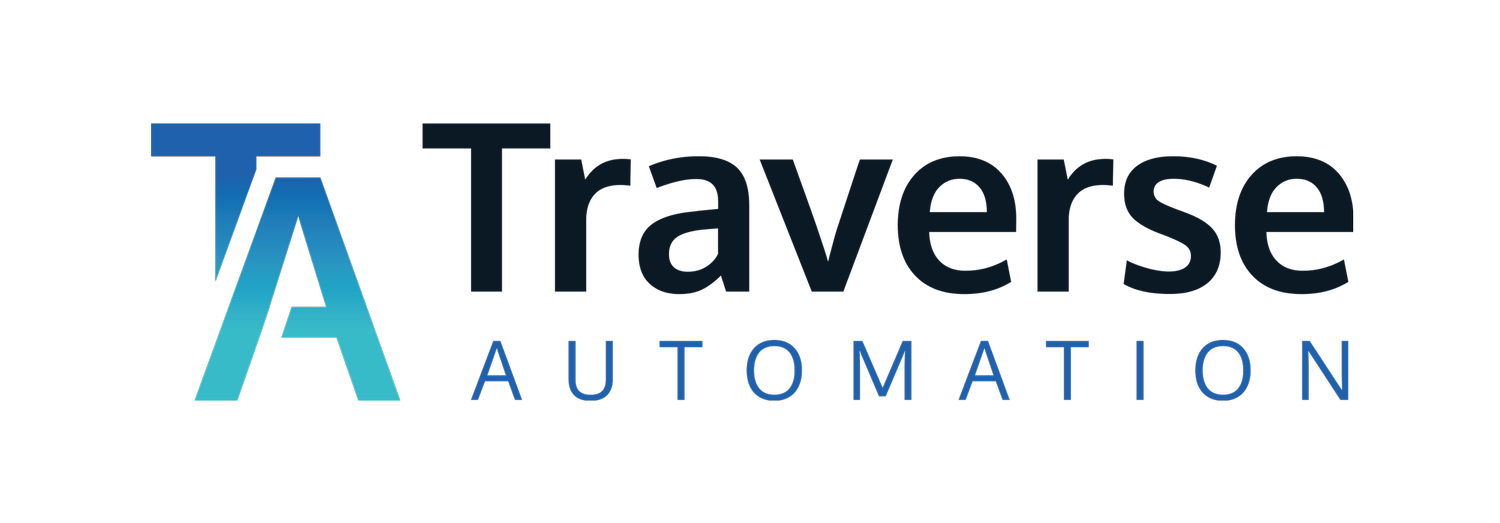Is delayed communication of schedule changes impacting your travel company's performance?
Managing schedules in travel
Schedules are constantly shifting, often with little notice. One of the main reasons for this is fluctuating demand. While many trips are booked well in advance, allowing travellers to plan ahead and potentially save money, the unpredictability of flight, tour, and transport bookings poses challenges for travel providers. If a service, such as a flight, fails to reach sufficient occupancy, it may be merged with another under booked service to optimise capacity or, in some cases, cancelled altogether. These adjustments are typically made at short notice, as suppliers monitor bookings to determine practicality.
The importance of quick action
When a schedule change occurs, suppliers notify resellers, typically via email. These emails arrive in a centralised inbox, where agents must quickly review the details, update internal systems, identify affected customers, and relay the information. Ensuring both internal records and customer communications remain accurate is essential. Delays in this process can create significant disruptions, making it crucial to act swiftly.
Impact of slow responses
With a high volume of schedule change emails flooding inboxes, backlogs can quickly build up, making it difficult to prioritise urgent updates. Any delay in processing leads to a chain reaction: customers receive information too late, limiting their ability to adjust plans. This can result in long wait times, missed services, or, in the worst cases, travellers being completely unaware of cancellations. Such issues not only frustrate customers but also lead to complaints and reputational damage for travel businesses.
Improve response speed with AI and automation
One of the most effective ways to accelerate communication and manage schedule changes efficiently is by integrating AI powered automation into manual processes. AI, combined with advanced automation travel technology software, streamlines schedule updates, reducing delays and ensuring timely notifications for both travel providers and customers.
How does it work?
AI and RPA travel technology software work together to extract information from schedule change emails the moment they arrive. These intelligent systems analyse the details, update internal platforms, and automatically notify all affected customers. By delivering real time updates, they provide travellers with as much time as possible to adjust their plans, rebook if necessary, and minimise disruptions to their journey.
How does this effect the customer experience?
Automated schedule changes solutions have a profound impact on customer satisfaction. By ensuring timely updates, travellers can react quickly, avoiding long waits, missed services, or unexpected cancellations. This leads to smoother, stress free journeys where travellers can focus on their trip rather than dealing with last minute disruptions.
Beyond enhancing the customer experience, automation also benefits travel businesses. Satisfied customers are more likely to leave positive feedback, recommend services to others, and contribute to a strong brand reputation. In turn, this increases customer loyalty and drives higher sales, making automation an invaluable investment.
Conclusion
In an industry where timing is everything, the ability to manage schedule changes efficiently is no longer just a convenience, it’s a necessity. As travel demand fluctuates and disruptions remain inevitable, businesses that embrace automation will gain a competitive edge by ensuring seamless operations and proactive customer communication.
By leveraging AI and RPA with the latest travel technology software, travel companies can move beyond reactive problem solving and instead adopt a more agile, customer centric approach. Automation not only streamlines internal workflows but also strengthens trust between businesses and travellers by providing transparency and reliability.
Is delayed communication of schedule changes impacting your travel company's performance?


